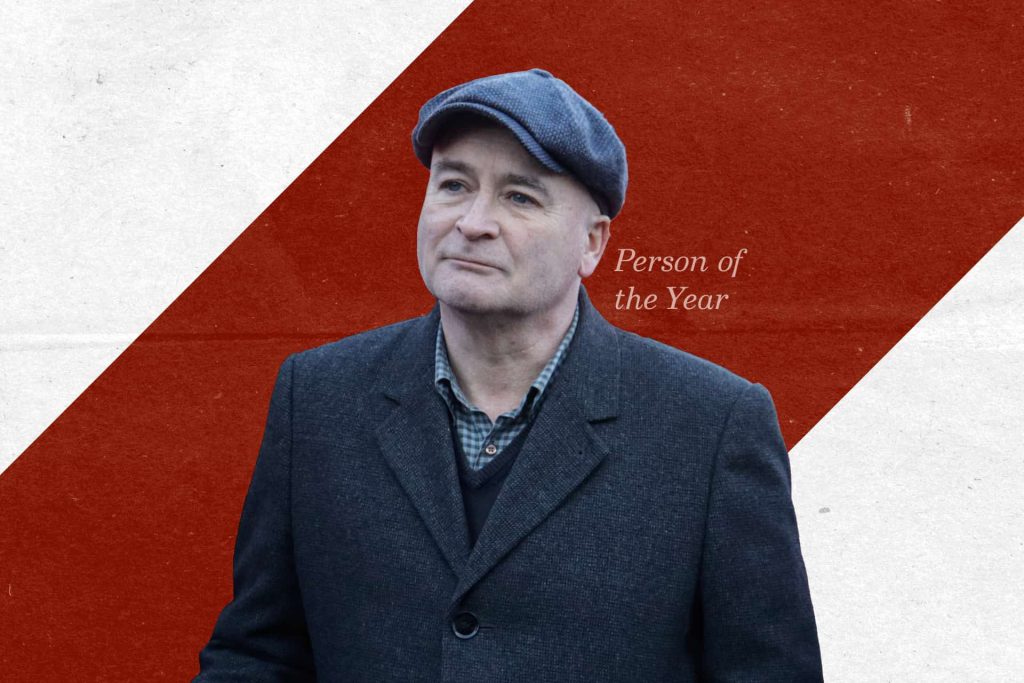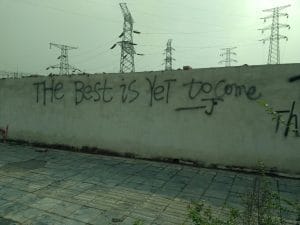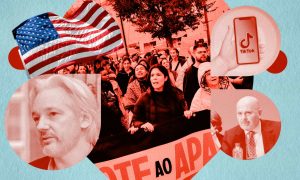It is our pleasure to announce that Mick Lynch, the secretary-general of the RMT trade union, has been named the UN-aligned Person of the Year.
This award recognises Lynch’s dedication to advancing the interests of working class people and fighting against issues of economic inequality and injustice. His efforts have earned him widespread admiration and attention, with many hailing him as a hero for our times.
Who is Mick Lynch?
Mick Lynch is the current General Secretary of the British national Union of Rail, Maritime and Transport Workers (RMT), a labour union representing over 83,000 members across various sectors of the transport industry.
Lynch grew up in London with Irish parents who moved to the city as teenagers during the Blitz. Lynch left school at 16 and worked as an electrician and later in construction. He was blacklisted from employment after getting involved in a new union, which was not discovered until two decades later when the blacklisting conspiracy was exposed in court.
As a result, he was not able to find work for years. He became active in the RMT and served as Assistant General Secretary before being appointed acting General Secretary in 2020 and securing the permanent role in 2021.
Mick Lynch and the RMT have been locked in a battle with the government over the issues of pay, job security, and conditions for rail workers. The union has faced threats of compulsory redundancies and cuts to safety-critical infrastructure.
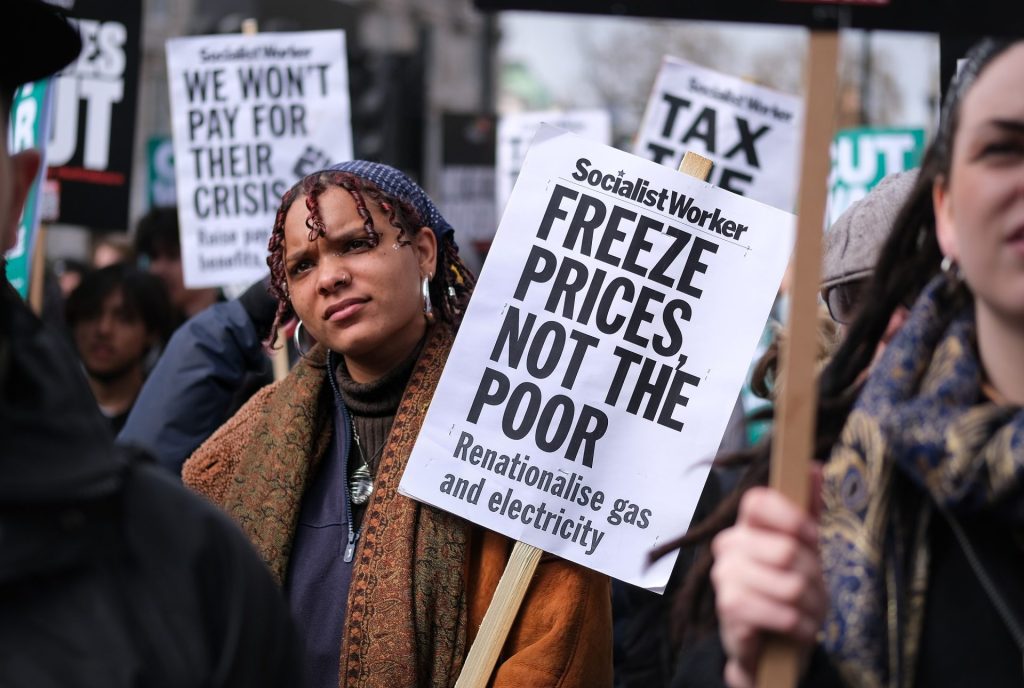
Rail workers, who have faced pay freezes amid a cost of living crisis, are also outraged by the £1 million pay packets of rail executives and the £500 million in private profits made by rail companies since the start of the pandemic.
In negotiations with Network Rail and the Rail Delivery Group, the RMT has called for a “square deal for workers,” including fair pay, good working conditions, and job security. The union has also opposed proposed cuts to scheduled maintenance tasks and increases in unsocial hours, as outlined in Network Rail’s most recent pay offer, which the union rejected as “substandard.”
In addition, the RMT has led a campaign for a pay rise for its members and has worked to ensure that there are no compulsory redundancies before 2025 and no changes to their terms and conditions.
However, despite the fair demands of working people in a cost of living crisis, members of the union, including Mick Lynch, have been accused of holding the country to ransom. This is particularly egregious given the support the strikes have received from the public – a June poll found that 70% of respondents supported the railway workers’ demands for a pay increase that takes into account the cost of living, and only 18% opposed their right to strike.
Laying the blame where it should be
The UK government’s treatment of workers and Unions asking for a fair pay rise has been particularly shameful. Nurses, ambulance drivers, paramedics and other frontline workers have been demonised and blamed for the country’s economic woes, despite their tireless efforts to keep the country running during a global crisis.
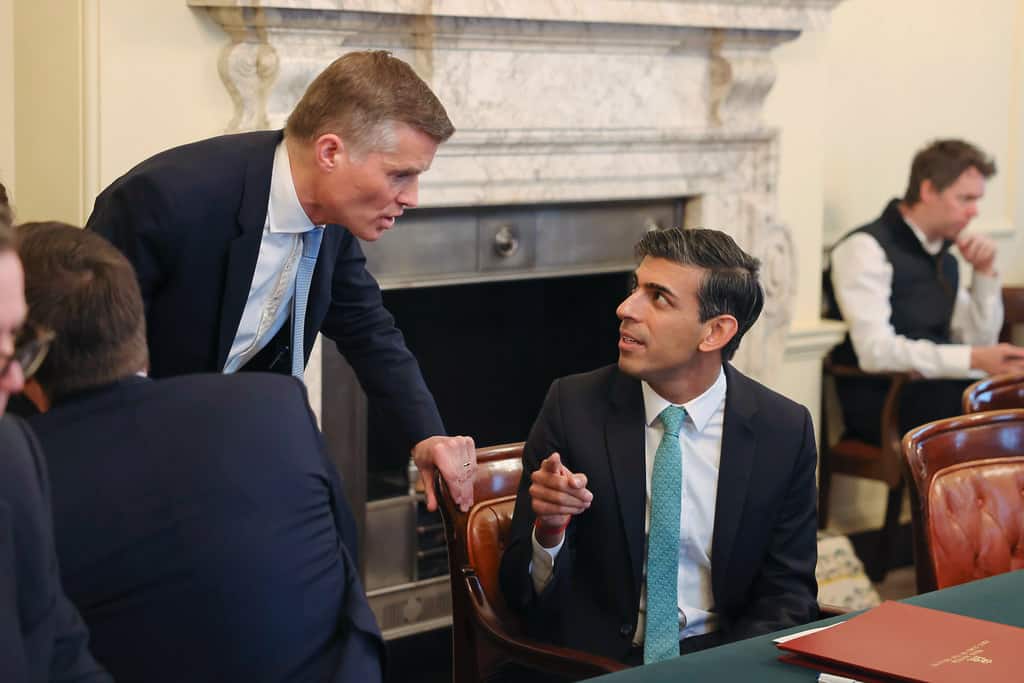
Meanwhile, those who have actually caused the economic damage – such as the former prime minister who blew a £30 billion hole in the economy overnight, the shambolic execution of Brexit that is estimated to have cost the country over £40 billion, the Tory government’s botched test and trace programme which costed £37 billion, the wasteful procurement of PPE resulting in £8.7 billion being wasted and ending up in the pockets of Tory donors and Richie Sunak’s decision to spend £11 billion by overpaying interest on UK debt – are allowed to escape accountability.
The UK government must stop gaslighting essential workers and give them the pay rise they deserve. Mick Lynch and other Unions are not holding the country to ransom; they are fighting for fair treatment and decent working conditions. It’s not too much to ask for after everything they have done for us during the pandemic.
What are labour Unions and why do they strike?
The RMT fights tirelessly to ensure fair treatment and safe working conditions for its members. And when negotiations break down, the union is not afraid to utilise the ultimate weapon in their arsenal: the strike.
Yes, the right to strike is a fundamental one, allowing workers to use collective action, including the withdrawal of labour, as a means of advocating for their rights and interests. It serves as a way for employees to make their voices heard and to exert pressure on their employers to address their concerns, whether they pertain to wages, working conditions, or job security. It is also a show of solidarity and commitment to achieving their goals.
Unions like the RMT play a crucial role in organising and supporting strikes, bringing together workers and coordinating their actions. By going on strike, Unions can draw attention to the issues facing their members and push for change on a larger scale. It is also a way for Unions to negotiate for better pay and working conditions for their members and to resist efforts by employers to undermine the rights and protections of workers.
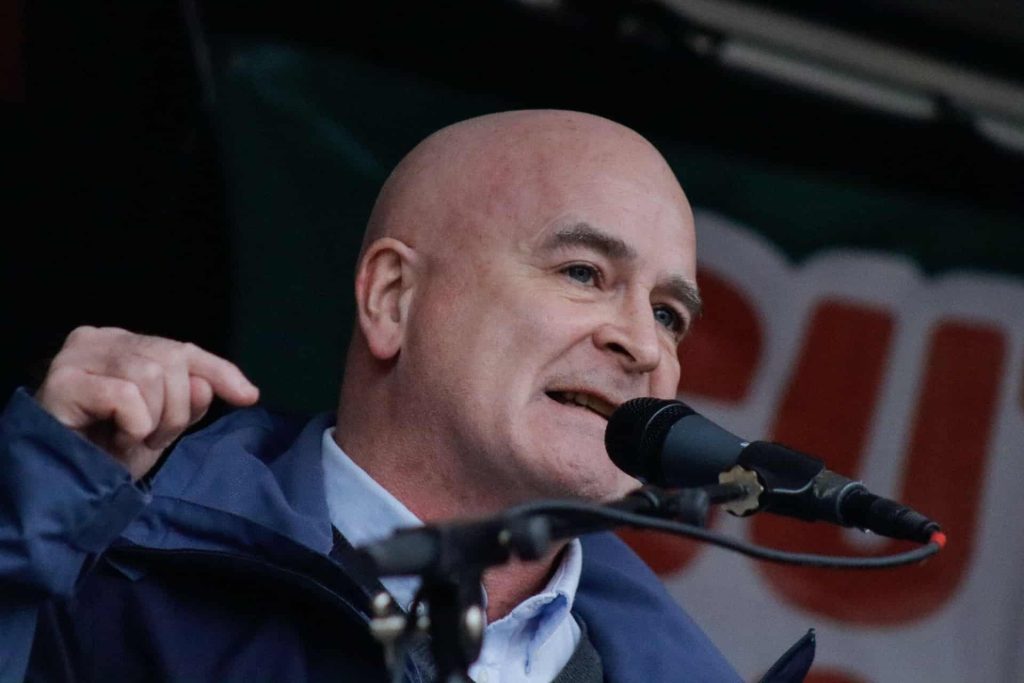
During times of crisis, such as the ongoing COVID-19 pandemic, Unions have been instrumental in advocating for the needs and rights of essential workers. Mick Lynch, in particular, has become a national figure due to his leadership of the RMT and his ability to clearly communicate the issues at stake in the rail strikes. He has emphasised the importance of the working class coming together and fighting for their rights, rather than waiting for politicians or policymakers to address their concerns.
It is important to recognise the vital role that labour Unions like the RMT and leaders like Mick Lynch play in advocating for the interests of working people and promoting equality and justice in the workplace.
Why Mick Lynch?
Mick Lynch has proven himself to be a true champion of workers’ rights. Not only has he led the RMT in their ongoing fight against compulsory redundancies for fair pay and working conditions, but he has also fearlessly stood up to the rich and powerful, including those in the media who have sought to bully and discredit him and his noble cause.
His clear moral purpose, focus on the tangible experiences of RMT members and ability to articulate the underlying causes behind economic injustice have earned him widespread admiration and respect. It is for these reasons that Lynch deserves to be recognised as the UN-aligned Person of the Year.



